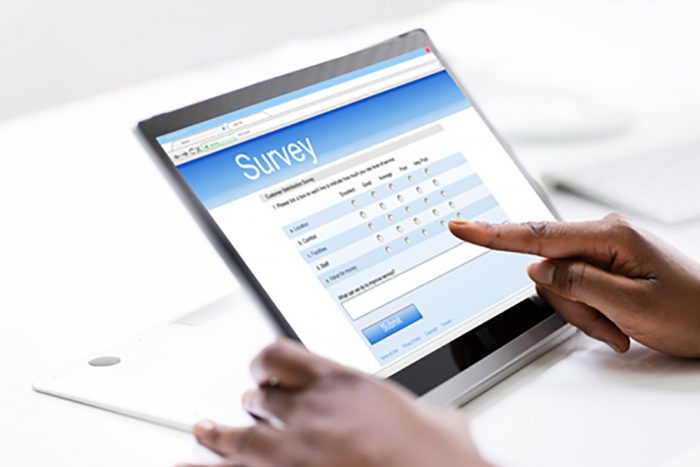As part of the Pennsylvania Department of Drug and Alcohol Programs’ (DDAP) monthly technical assistance series, Mercer, the contracted actuarial firm for the Pennsylvania Department of Human Services, will lead a training from 10:00 am – 11:00 am on Monday, July 7, which will be heavily focused on the infrastructure component of the upcoming American Society of Addiction Medicine (ASAM) ambulatory level of care (i.e., outpatient) alignment audits. The goal is to help providers understand foundational requirements and allow time to develop or refine policies prior to upcoming audits. While the record review portion of the auditing tool created by Mercer will also be discussed, the primary emphasis will be on preparing providers from a systems and infrastructure standpoint.
Mercer will also share the expected timeline for the next audit cycle and provide an overview of how behavioral health managed care organizations will conduct the audits.
To receive future calendar invitations for DDAP’s technical assistance webinars, email DDAP.
Use the Microsoft Teams meeting information below to connect to the monthly technical assistance webinars.
Join the Meeting
Meeting ID: 251 094 183 507
Passcode: sM9ZF9Wi
Download Teams | Join on the web
Or call in (audio only)
+1 267-332-8737,,894440996# United States, Philadelphia
Find a local number
Phone conference ID: 894 440 996#
Privacy and security

















